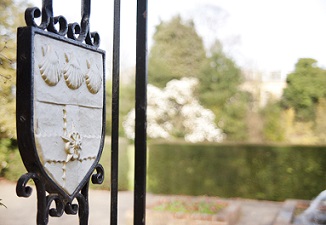Updated external speaker policy and code of conduct published
Release Date 06 October 2015

The University of Reading has published an updated External Speaker Policy and Code of Conduct.
It updates the University's existing procedures for managing external speaker events and the use of its premises, in line with the new Prevent Duty Guidance for the Higher Education sector in England and Wales. This follows a new legal duty on universities to prevent people being drawn into terrorism, which came into force last month.
Vice-Chancellor Sir David Bell said: "The University of Reading is one of the UK's leading research intensive institutions. We exist to test, challenge and debate ideas, theories and arguments. We have our own top-class academics but visiting speakers bring new insight, opinion and experience to enrich our teaching and research.
"This updated policy protects academic freedom and freedom of speech but puts in place a robust framework for visiting speakers to ensure debate, challenge and dissent are not only permitted but expected."
The policy covers all events hosted by the University, the Reading University Students' Union and events hosted by client organisations that take place on our premises. It also covers events taking place off campus, where the University is hosting (or co-hosting) an event. This includes at venues in the UK or at institutions or establishments overseas.
Background
Section 26(1) of the Counter-Terrorism and Security Act 2015 creates a duty on universities to have due regard to the need to prevent people from being drawn into terrorism. Institutions concerned by the duty are listed in Schedule 6 of the Act and can be divided into two categories:
- The governing body of qualifying institutions within the meaning given by section 11 of the Higher Education Act 2004.
- Private higher education institutions that are not in receipt of public funding from the HEFCE* or the HEFCW** but have similar characteristics to those that are.
